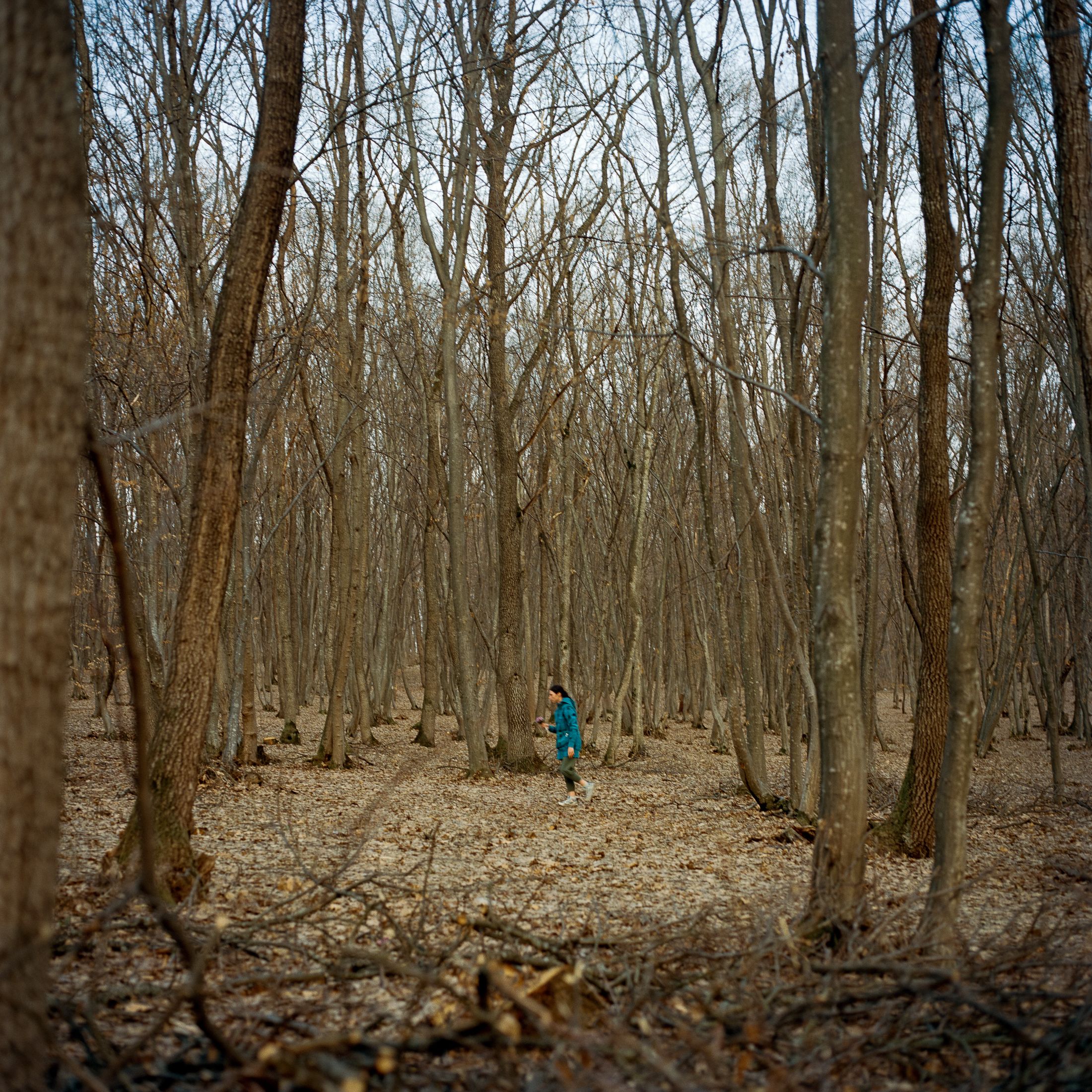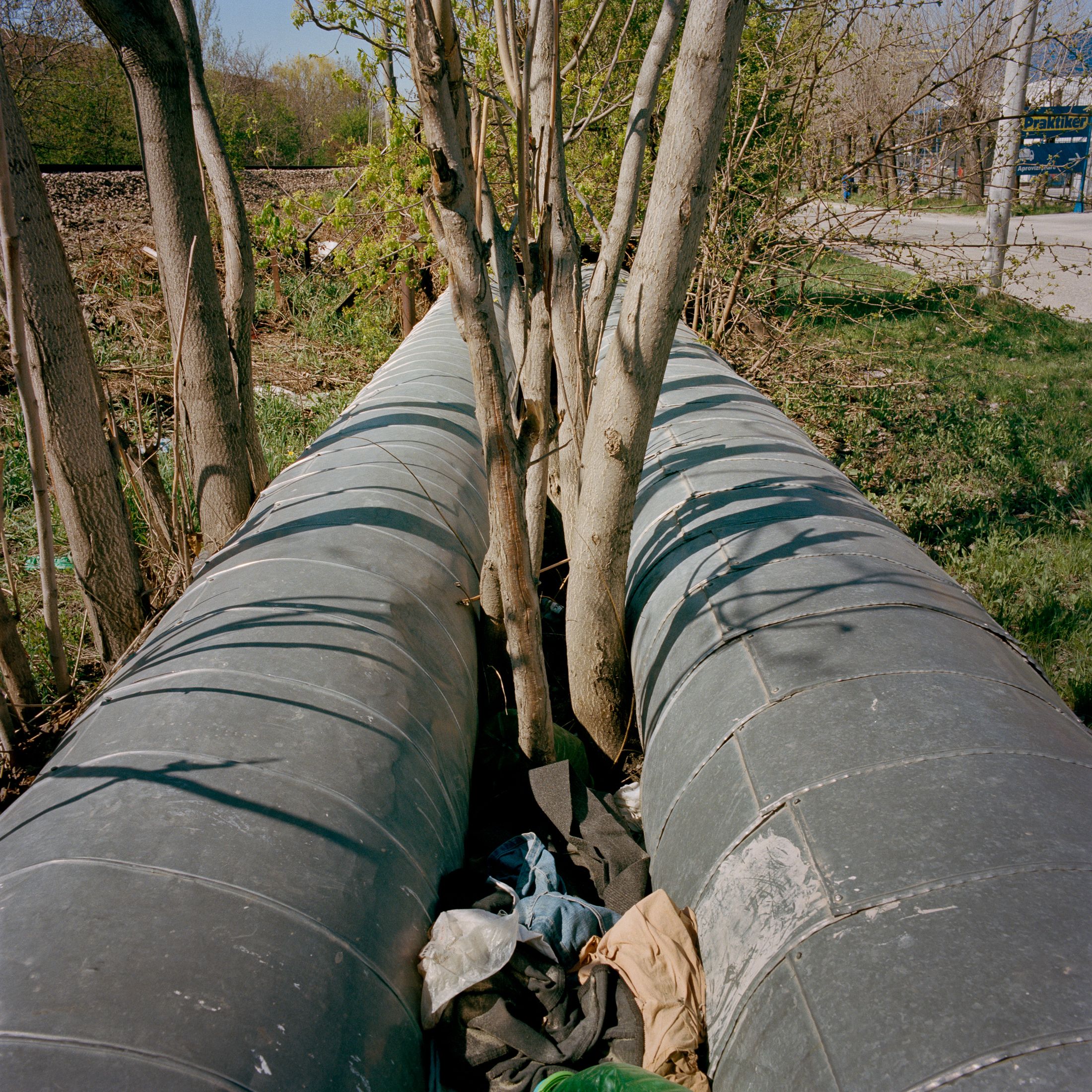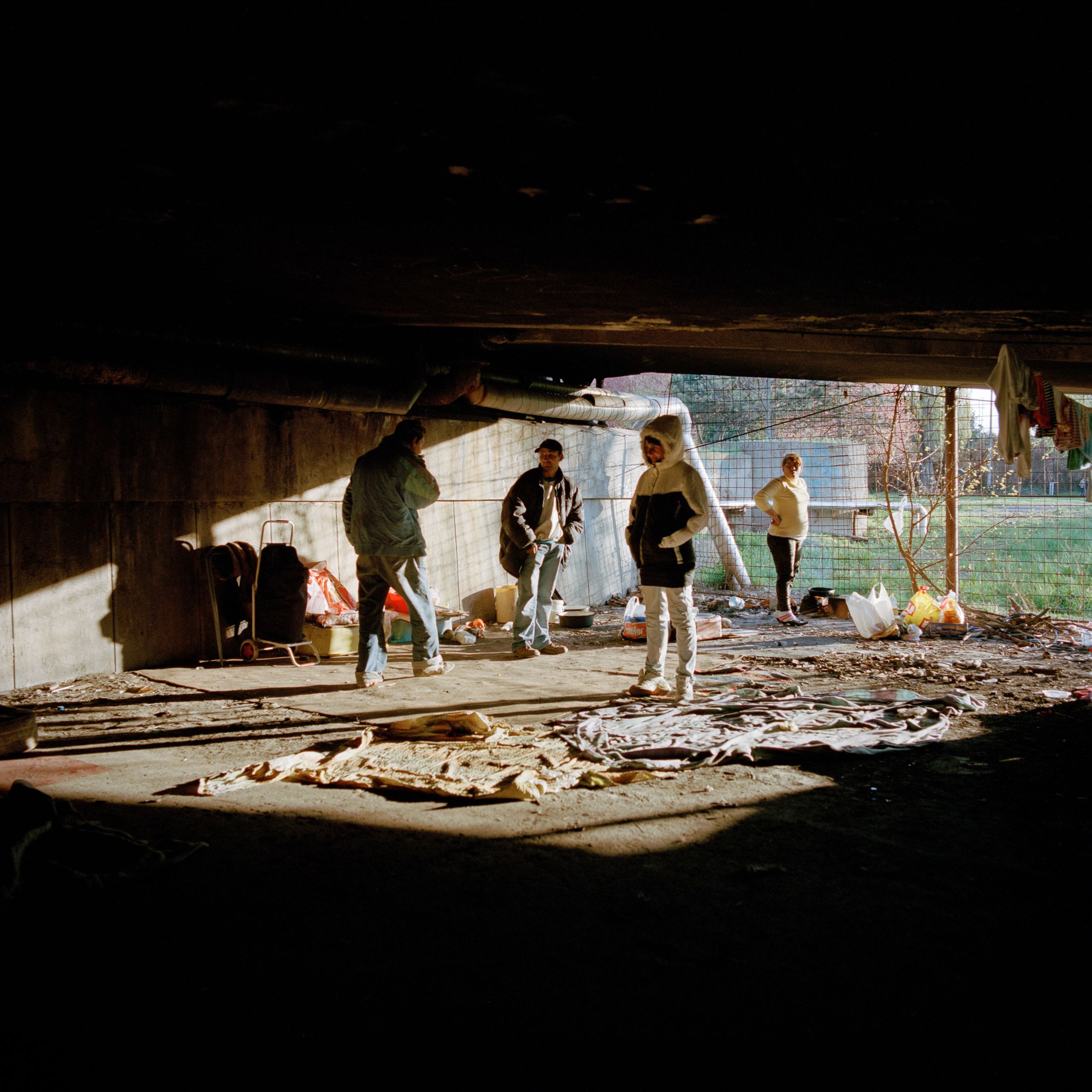







































































Every year, thousands of women, men and children are trafficked outside and within the borders of Romania and Moldova for sex and forced labor.
Many survivors of human trafficking share similar histories. In most cases, children and young adults turn to the streets to escape harsh conditions at overrun orphanages or domestic abuse at home. Those affected by trafficking are often exploited by the ones closest to them: a family member, a partner, a lover. Psychological manipulation, coercion, and physical violence form the basis for a majority of these stories.
Human trafficking is rooted in various systems of oppression. Hearing their stories, it is impossible to understand and address human trafficking without addressing broader socio-economic realities, gender inequality, domestic violence, corruption, racism, and poverty.
Trafficking in Romania has swelled since 1989, with the end of communism. Upon joining the European Union in 2007, Romania relaxed its border patrol measures, making free flow of both goods and people easier across borders. However, as the country's economy is also improving, internal trafficking is also gaining traction. The situation is even more critical in Moldova due to the rise of orphanages amidst a struggling economy and lack of employment opportunities in the country.
Awhereness is a collaboration with trafficked survivors to trace their stories and expose the places that enable trafficking. Trafficking is pervasive, making it hard to detect. It takes on many different forms, often in the most mundane places: public parks, transportation hubs, at home and abroad.